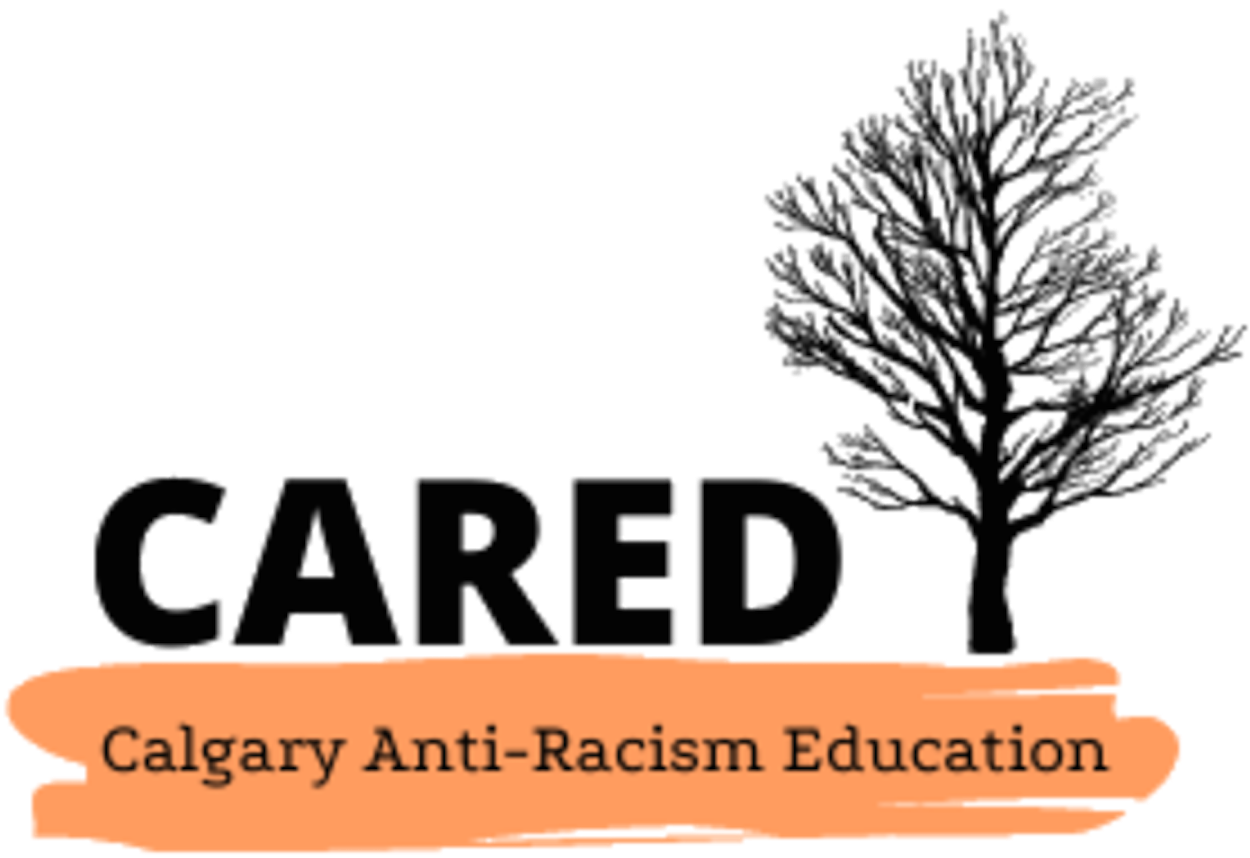Anti-Racism Defined
"Anti-racism is the active process of identifying and eliminating racism by changing systems, organizational structures, policies and practices and attitudes, so that power is redistributed and shared equitably." - NAC International Perspectives: Women and Global Solidarity
Anti-racism examines the power imbalances between racialized people and non-racialized/white people. These imbalances play out in the form of unearned privileges that white people benefit from and racialized people do not (McIntosh, 1988; See our definition of White Privilege/White-Skin Privilege).
Anti-racism is the practice of identifying, challenging, and changing the values, structures and behaviors that perpetuate systemic racism (Ontario Anti-Racism Secretariat).
Anti-racism is an active way of seeing and being in the world, in order to transform it. Because racism occurs at all levels and spheres of society (and can function to produce and maintain exclusionary "levels" and "spheres"), anti-racism education/activism is necessary in all aspects of society. In other words, it does not happen exclusively in the workplace, in the classroom, or in selected aspects of our lives.
A person who practices anti-racism is someone who works to become aware of:
How racism affects the lived experience of people of colour and Indigenous people;
How racism is systemic, and has been part of many foundational aspects of society throughout history, and can be manifested in both individual attitudes and behaviours as well as formal (and "unspoken") policies and practices within institutions;
How white people participate, often unknowingly, in racism. Peggy McIntosh and, later, Paul Kivel came up with "White Privilege" checklists that support white people in learning how whiteness—often without them recognizing it—shapes their place in society, and its impacts. (See our sections on Learning Actions and Liberal Racism and our definition of Whiteness)
Why Anti-Racism is a Positive Term
Some people shy away from the term "anti-racism" in describing themselves or their work. They may do so as a result of certain misperceptions or fears.
For example, they may perceive the prefix "anti" as focusing on the negative, or likely to create opposition or conflict. For some, the prefix may conjure up images of public protests and violent clashes. While anti-racism does call for and include public protest and vocal opposition, it comprises much more than this as well, including learning, listening, creating community collaboratively in a broad range of ways and places: role-modelling, refusal to participate/perpetuate, and so on. Anti-racism is strong, and it is compassionate.
Some people may say they prefer the term "diversity." However, as we have discussed elsewhere in this resource, popular/mainstream understandings of diversity often function to reinforce false notions that there is a level playing field in our society and there are simply "differences" among those on the field that need to be respected. Without diminishing the fundamental need for respect (as a human right), discourses of diversity often work in favour of maintaining racism and systemic racism because they fail to take into consideration, to analyze and truly critique and oppose imbalances of power among "diverse" individuals and groups. The primary failure of the idea of diversity is that it is premised on the false (and for the mainstream, comfortable) idea that equality already exists, as does equal access to the means of communication, participation in the economy, and so on. (See our definitions of Diversity and Multiculturalism)
Some people may say that the term anti-racism excludes consideration of other forms of oppression at work in society, like discrimination based on gender, sexuality, ability, and class, for example. Our view of anti-racism is inclusive of the analysis of the intersectionality of various forms of power/oppression at work in our society and lives. Our primary focus for social change, nonetheless, is racism, which is complicated (and often reinforced) by other forms of oppression. Because we live in a society that is so resistant to, and uncomfortable with, discussions of racism, we feel it is imperative to maintain this primary focus.
References:
McIntosh, P. (1988). White privilege: Unpacking the Invisible Knapsack.

